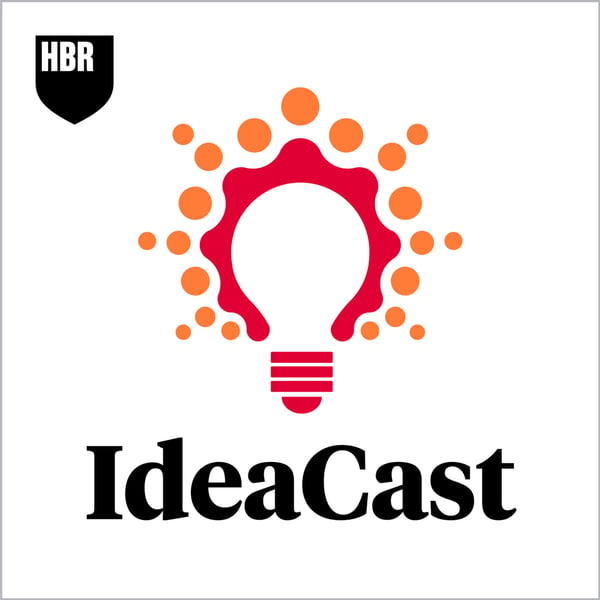A Nobel Prize Winner on Rethinking Poverty (and Business)
HBR IdeaCast
Harvard Business Review
4.4 • 1.9K Ratings
🗓️ 26 November 2019
⏱️ 28 minutes
🧾️ Download transcript
Summary
Transcript
Click on a timestamp to play from that location
| 0:00.0 | When leadership advice feels like buzzwords and platitudes, it's time to get real. |
| 0:05.9 | HPR's podcast Coaching Real Leaders brings you behind closed doors as Muriel Wilkins coaches anonymous |
| 0:11.9 | leaders through raw honest career questions |
| 0:14.6 | that we all face. |
| 0:15.9 | Listen and follow coaching real leaders for free |
| 0:18.3 | wherever you get your podcasts. Welcome to the HBR Ideacast from Harvard Business Review. I'm Kurt Nickish. The annals of business are littered with products that bombed and companies that went bankrupt because of one key mistake. |
| 0:52.0 | They failed to account for human behavior. |
| 0:55.0 | Whether it's assuming that people will always rent movies from a store or that if you just |
| 0:59.8 | build a multi-billion dollar satellite network, people will buy your expensive phones, how consumers |
| 1:06.1 | were expected to behave was quite different from how they actually behaved. |
| 1:11.3 | Our guest today says the same goes for economic policy. Too often economic |
| 1:16.0 | models project how people will respond to incentives or constraints when in |
| 1:20.1 | reality their actions are quite different and when you're talking about educating a country's workforce or promoting |
| 1:26.6 | economic development in a poor region, getting policy wrong can have sweeping consequences. |
| 1:32.8 | Esther Duflo is a winner of this year's Nobel Prize for Economic Sciences, |
| 1:37.8 | along with Abigit Banergy of MIT and Michael Kramer of Harvard, |
| 1:41.7 | she was recognized for taking an experimental approach to alleviating |
| 1:45.9 | poverty. Her work shows that rigorous field tests can arrive at effective solutions that defy |
| 1:51.4 | conventional wisdom and popular economic |
| 1:53.8 | models. To Flo is an economist at MIT and she's the co-author along with her |
| 1:58.8 | fellow Nobel winner Banergy of the new book Good Economics for Hard Times. |
| 2:04.1 | Esther, thanks for joining us. |
... |
Please login to see the full transcript.
Disclaimer: The podcast and artwork embedded on this page are from Harvard Business Review, and are the property of its owner and not affiliated with or endorsed by Tapesearch.
Generated transcripts are the property of Harvard Business Review and are distributed freely under the Fair Use doctrine. Transcripts generated by Tapesearch are not guaranteed to be accurate.
Copyright © Tapesearch 2025.

